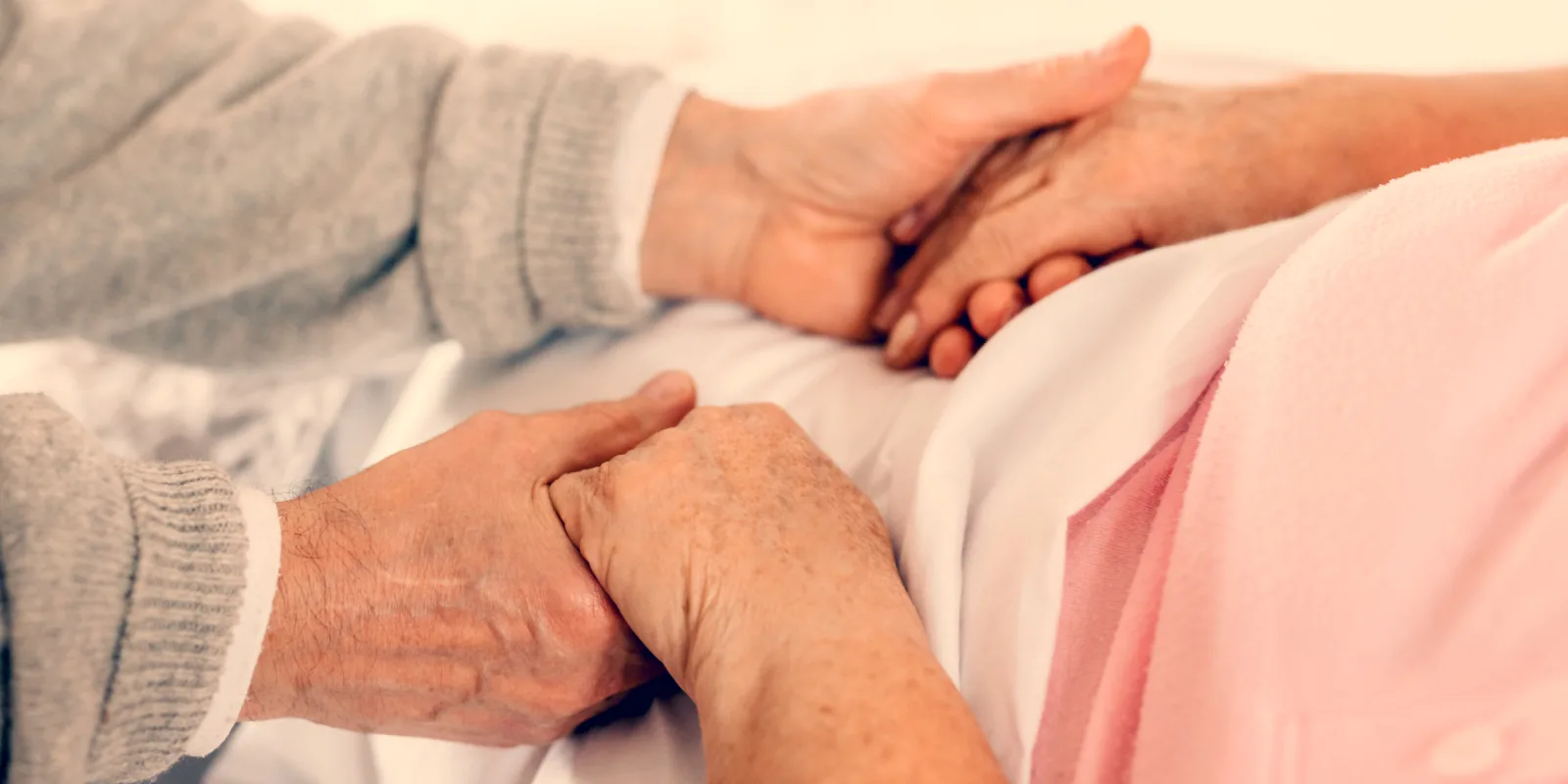Mrs. H was an elderly woman admitted to the ICU with a stroke and respiratory failure requiring intubation and mechanical ventilation. The infectious diseases (ID) consultant recommended repeat testing for COVID-19, even though at least two separate tests were negative. His rationale was that her stroke may have been due to a hypercoagulable state brought on by the relentless virus. As I continued to listen to my resident present her case, I pulled up the patient’s chart and read my ID colleague’s note. “Patient’s husband became very angry and told me she doesn’t have COVID-19 and refused further testing.” The last sentence caught my eye. “He then told me he didn’t want me on her case.” I pictured my exasperated colleague, who I knew well, resignedly signing the note and moving on with his busy day.
“So, the patient’s husband is pretty angry, Dr. Prakash,” my resident concluded. “He wanted another opinion.”
I couldn’t help but feel frustrated and angry on behalf of my ID colleague and all physicians when a patient questions their expertise. How many years of medical school, residency, and fellowship did you complete, Mr. H? I thought to myself. While I could certainly understand Mr. H’s frustration as multiple tests had been negative, I questioned his intentions when he vehemently thwarted my colleague’s efforts to do what he thought was in the best interest of the patient. It wasn’t an invasive procedure or even an attempt to convince him to withdraw care. It was one lousy test.
“I’ll talk to him,” I finally replied. My resident chuckled, hearing the angst in my voice. It was after hours, so I would have to give Mr. H a call. As I dialed Mr. H’s number, I used every mindfulness technique I knew to stay calm and in the present. I was aware of my surroundings. I took in the various sounds, including the low hum of the heater in the background.
“Yes?” came the cranky greeting.
“Mr. H? My name is Dr. Prakash. I’m the ID attending on your wife’s case,” I said as politely as I could.
“I talked to your resident,” he hastily replied. His voice was soft and raspy, like a dying radiator.
I waited for him to continue, but he didn’t.
“Mr. H,” I started.
“Look,” he interrupted. “she doesn’t have COVID-19, OK?” Before I could reply, he repeated rather emphatically, “Okay?”
“Mr. H, I think my colleague’s rationale was,” I repeated, a bit more firmly, only to be interrupted again.
“I don’t care what his rationale was,” he retorted, his weak voice now gaining vigor. “She doesn’t have COVID-19.”
I was perplexed by his inability to let me explain our stance and unnerved by what I perceived as arrogance. He neither recognized our expertise nor did he seem to care. Why wouldn’t he listen?
“Mr. H, I do think we need to get to the bottom of why she is so sick. COVID-19 is a possibility, as is tuberculosis, given the fact that she has lost so much weight over the past several months coupled with her travel to endemic areas,” I said as fast as I could before he tried to stop me again.
“TB is fine!” he declared almost triumphantly. “Please do test her for TB,” he urged.
I was confused. “So, you’re OK with testing for TB and not COVID-19?” I asked. “I know COVID-19 is a scary disease, Mr. H. However, we have treatment options,” I began, ready to give my spiel about corticosteroids and convalescent plasma.
“Look,” he finally said. “I need to hold her hand.” I held the receiver of my phone more tightly to my ear, almost certain that I had not heard him correctly.
“Mr. H?” I finally said, somewhat bewildered. There was a silence on the other end, and I knew better than to break it. In between his breaths, I sensed a tone of helplessness that I had not quite been aware of before.
“I need to hold her hand,” he continued. “If you test her for COVID-19, they will not allow me in the room, which means I can’t hold her hand.” My stunned silence did not derail his efforts to proceed with his explanation.
“She’s my whole world, and I am hers,” his voice softened, like the calmest stream. “Forty years we’ve been together. She never left my side when I was sick, and I will never leave her side. If I’m not there to hold her hand, it’s over. I don’t care what fancy treatments you have, she will certainly die.” He seemed to be finished, though within a few moments came a firm finale. “Understand?”
I understood. I understood in a way that four years of medical school, two years of ID fellowship, and umpteen years in clinical practice could never make me understand. A cloudy and contaminated veil of my own presumptuousness, ego, and waning empathy brought on by more than a year of chaos, turmoil, and uncertainty from a formidable pandemic had finally been lifted. I pictured Mr. H at his wife’s bedside, his left hand clutching her lifeless one as he cradled the phone to his ear, desperately pleading his case to yet another doctor. I envisioned Mrs. H’s emaciated frame lost in a flurry of numerous lines and tubes. I imagined what she must have heard if she had the wherewithal to perform a mindfulness exercise: the beeping of machines, footsteps of nurses and respiratory therapists, and her husband’s strained, raspy voice coaxing her to stay strong.
I decided not to test Mrs. H for COVID-19 a third time. I took a step back, looked at her case, and recognized the myriad other reasons for her stroke. It could have been that I realized TB was much higher on the differential. There was the possibility that, after a thorough review of her labs and radiographic studies, her clinical picture was not even remotely consistent with COVID-19. Maybe, for the first time in a long time, I listened.
When was the last time you realized you had stopped listening to what your patients were saying? When you opened your ears, what did you hear? Let us know in the comments below.
Vidhya Prakash is a Professor of Clinical Internal Medicine and an Infectious Diseases physician at Southern Illinois University School of Medicine. She is founder and director of SIU Medicine’s Alliance for Women in Medicine and Science. She lives in Springfield, IL with her husband and two children.
All names and identifying information have been modified to protect patient privacy.
Image by Photographee.eu / Shutterstock







